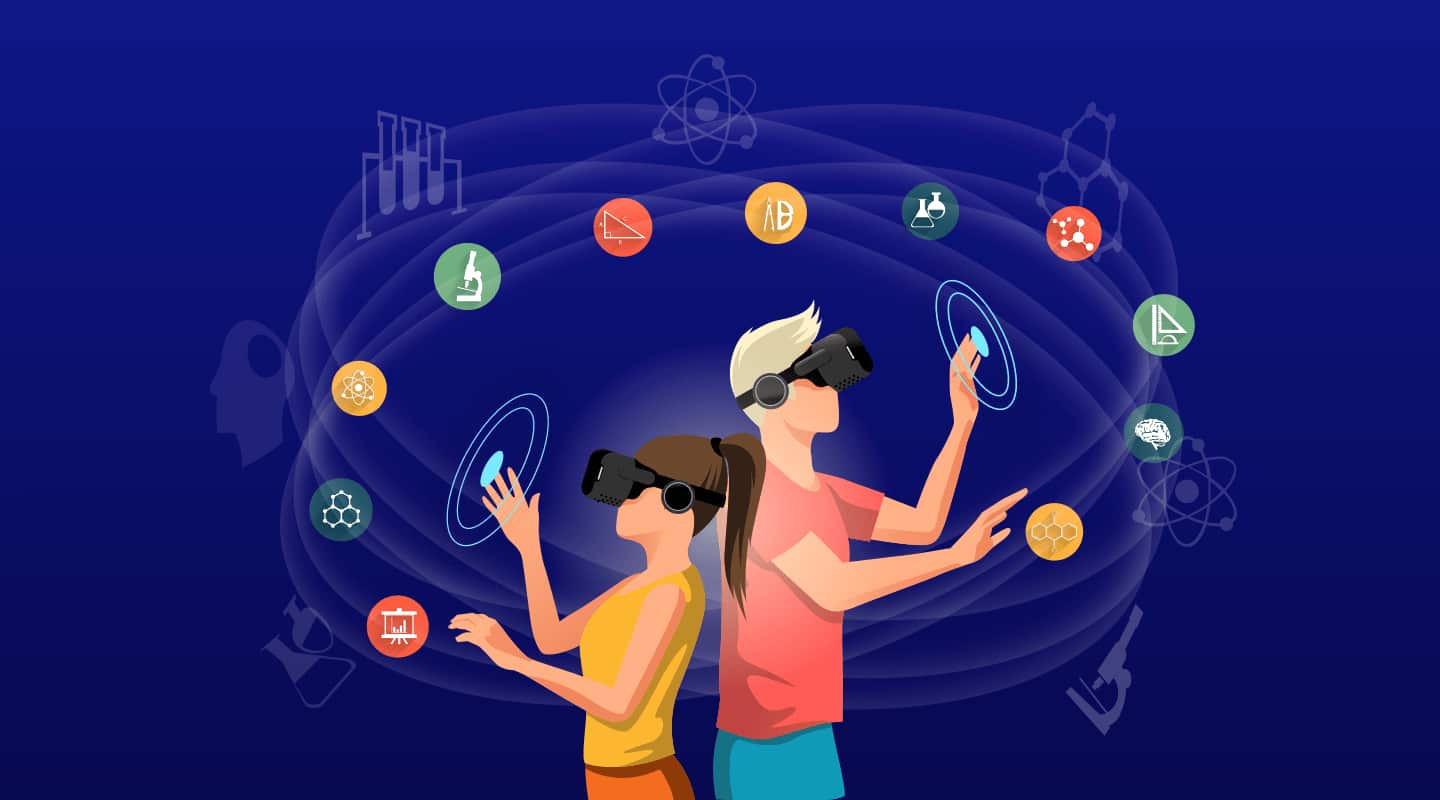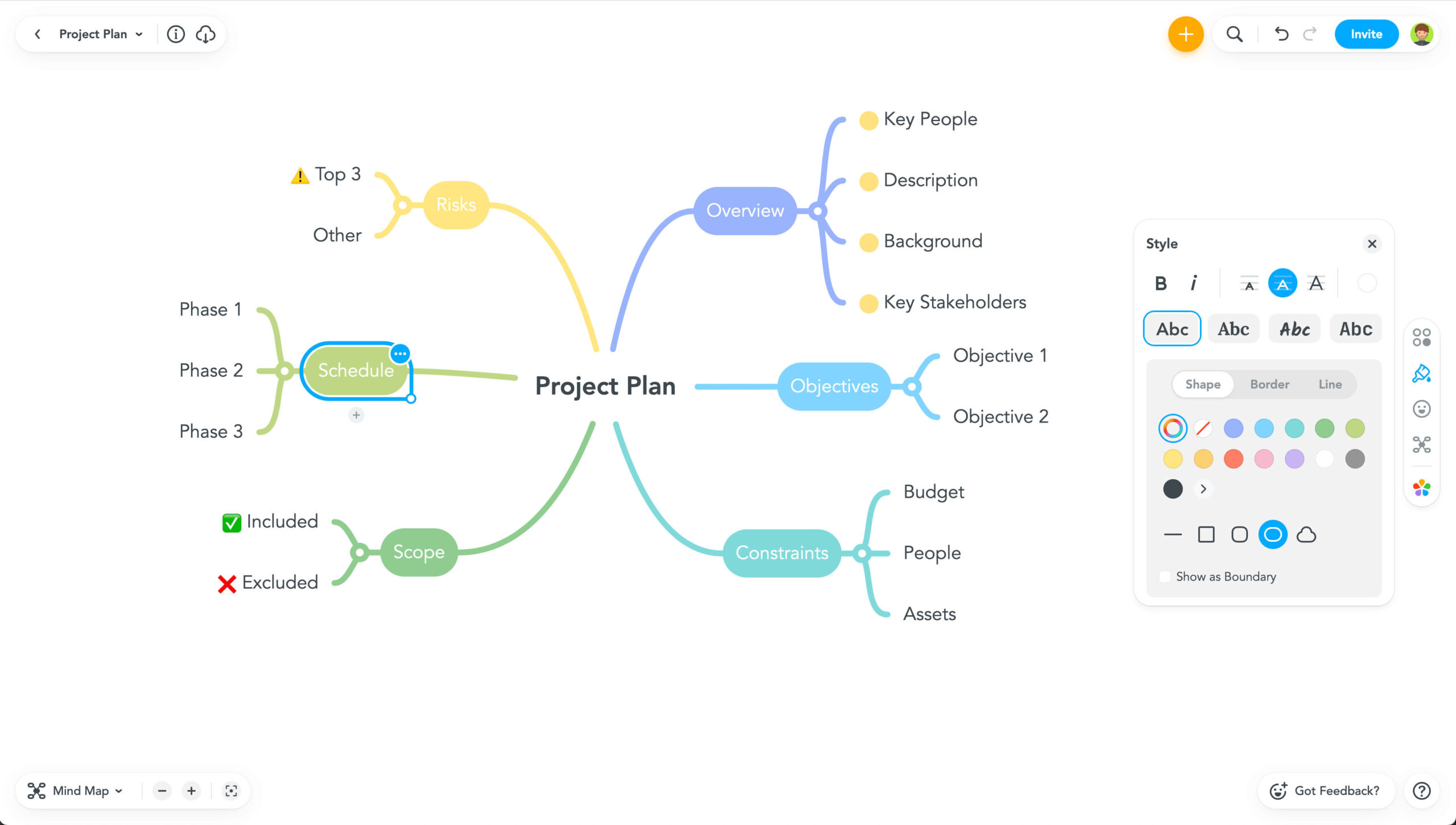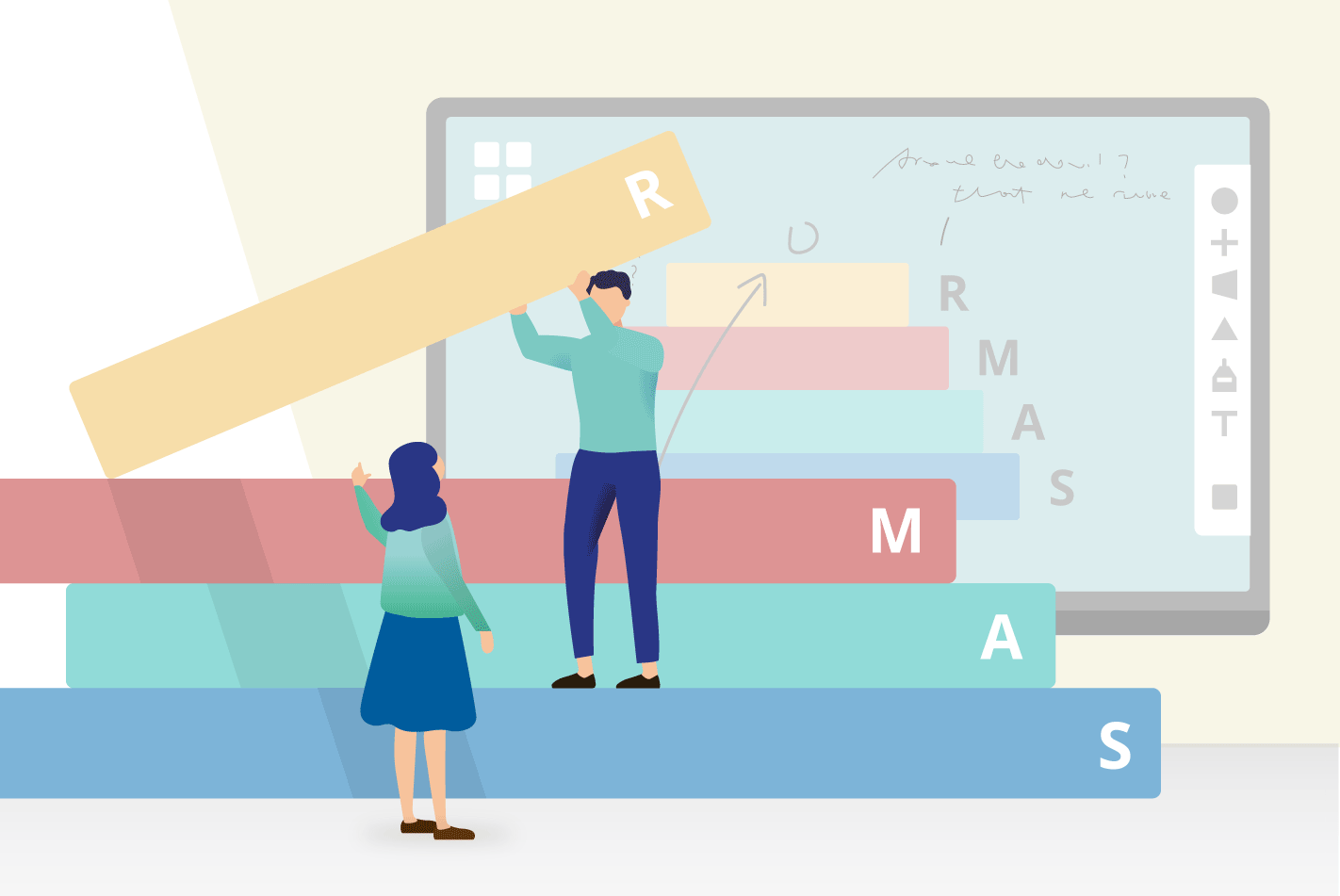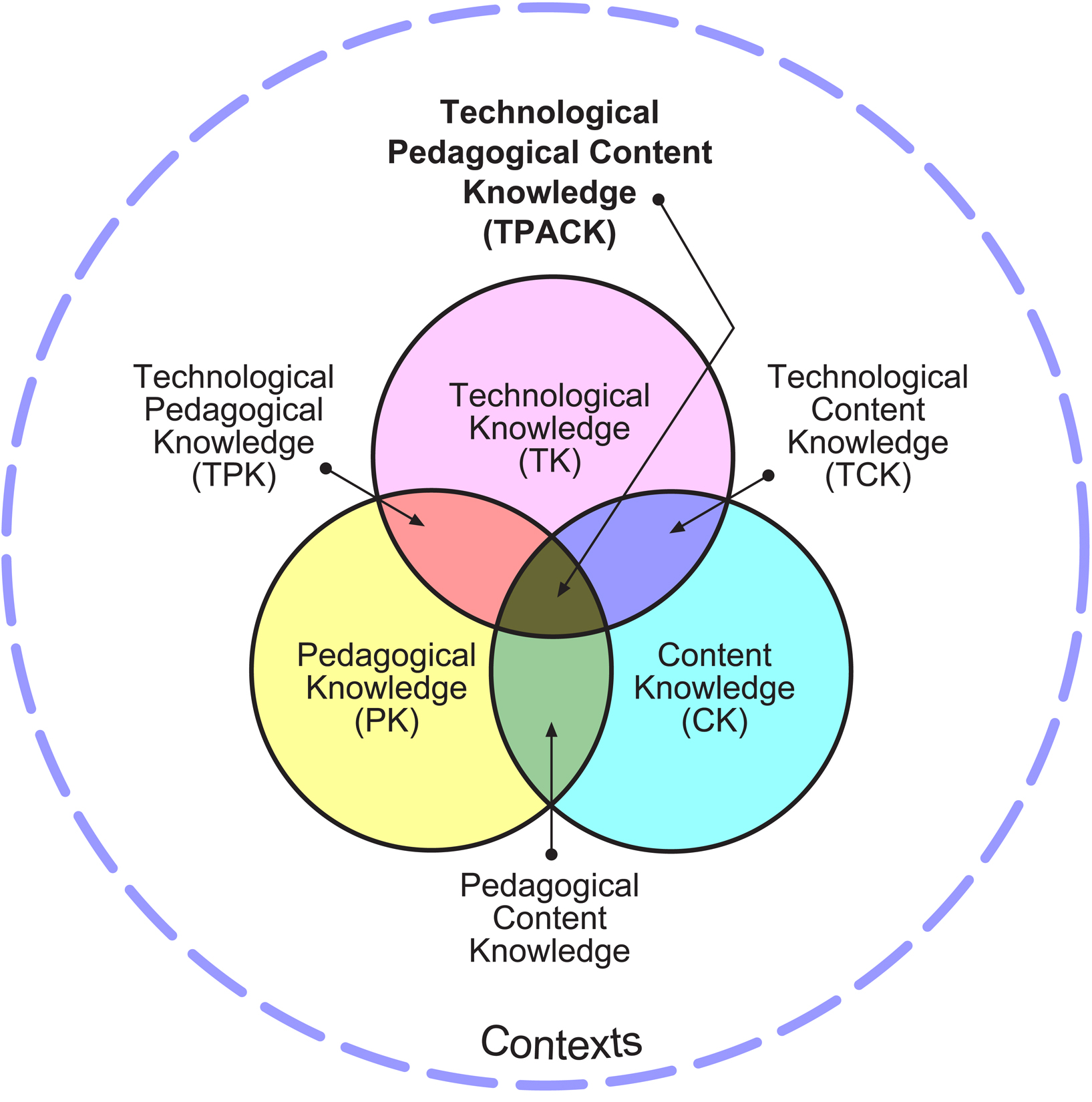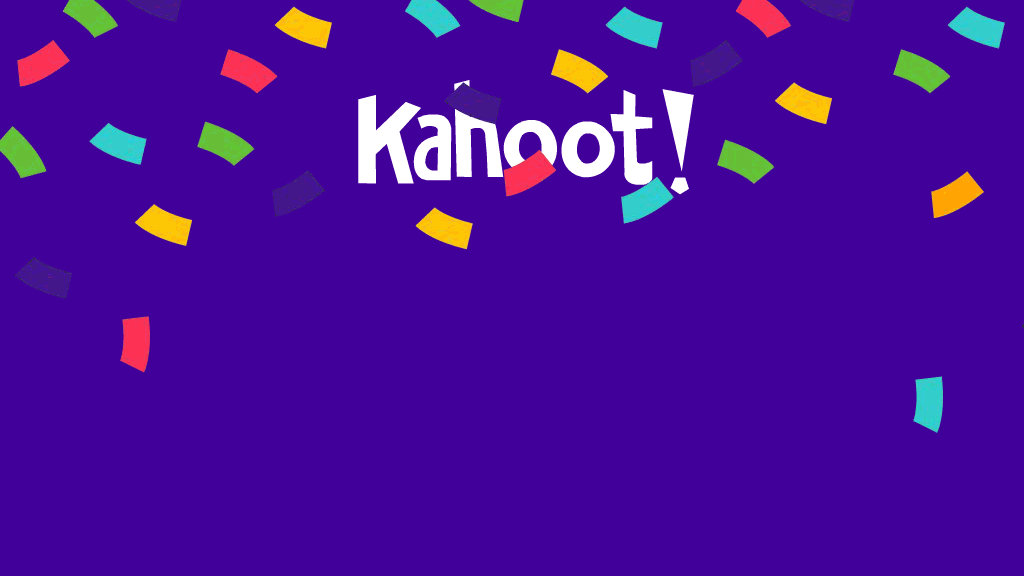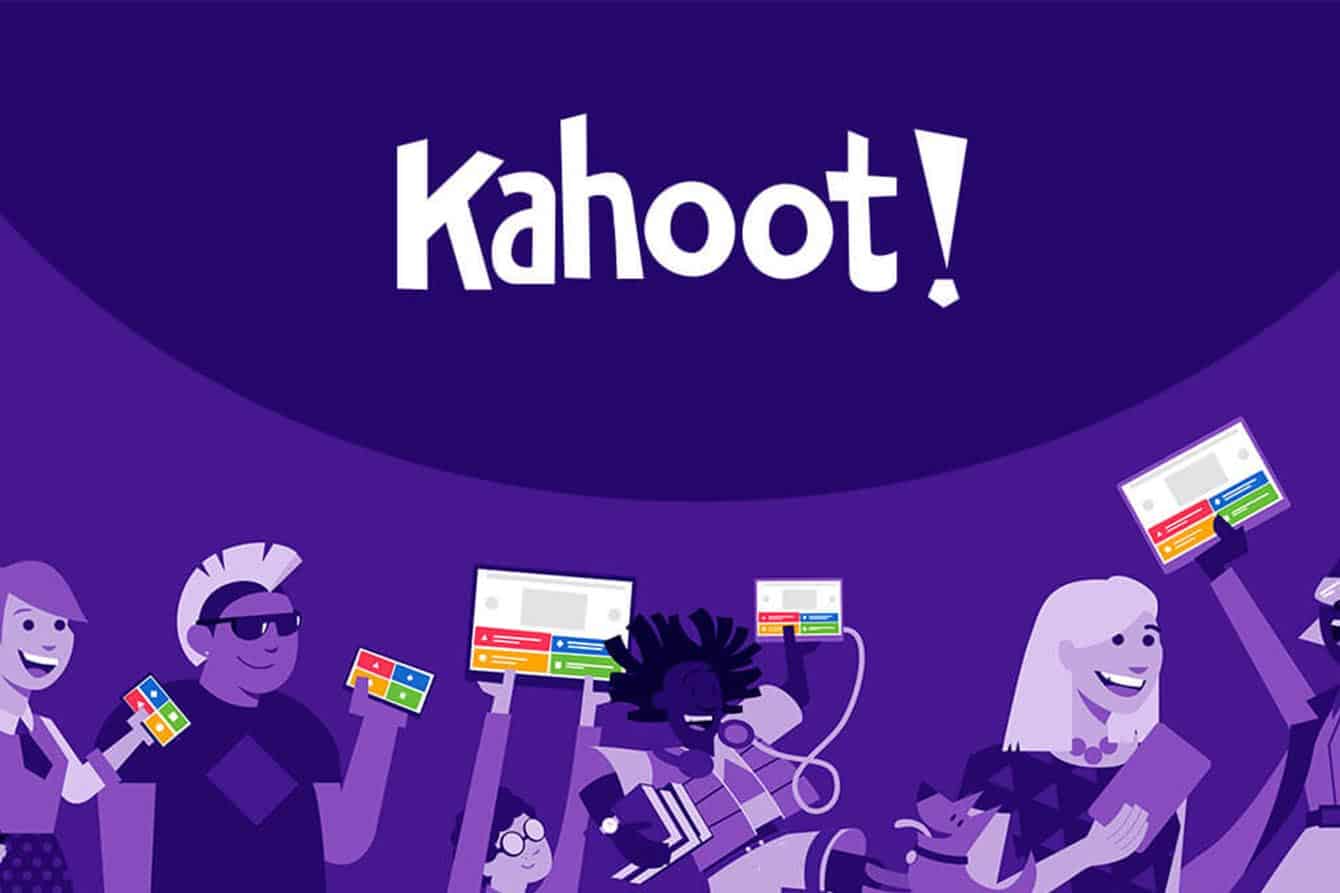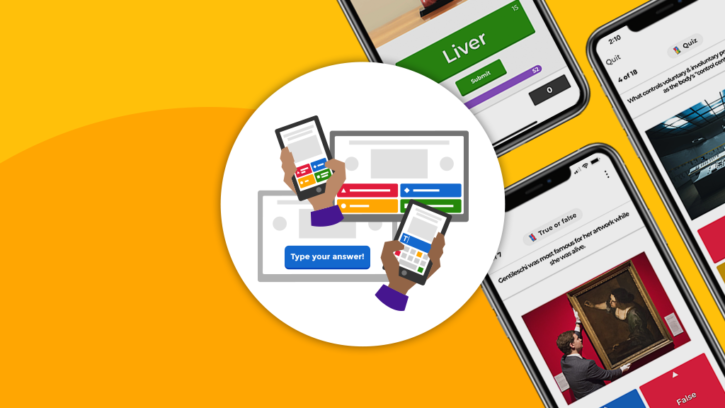Virtual Reality (VR) and Augmented Reality (AR) have emerged as strong tools with transformative promise in education in recent years. VR and AR have the potential to transport learners to new worlds, improve knowledge, and engage students in unprecedented ways by harnessing immersive technologies. In this blog review, we will look at the intriguing prospects of virtual reality and augmented reality in education, as well as their potential to alter the learning experience.
Fifth Educate
8 Haziran 2023 Perşembe
Unlocking New Dimensions in Education: The Power of VR and AR
H5P: Empowering Educators with Interactive Content Creation
Educators in the digital age are constantly looking for new methods to provide engaging and interactive learning experiences for their students. H5P, a free and open-source content creation platform, provides a variety of interactive content formats that may be smoothly integrated into instructional materials. In this blog post, we will look at how H5P empowers educators by providing an easy-to-use platform for creating interactive and engaging learning content.
H5P provides a wide range of interactive content types to meet a variety of learning objectives and topic areas. Educators can select from interactive presentations, quizzes, interactive films, timelines, interactive photos, drag and drop exercises, and other features. These content formats allow for active learning, assessment, and student participation. Educators can build interactive resources that correspond with their instructional aims and foster deeper learning with such flexibility.
The user-friendly interface of H5P makes content development accessible to instructors of varied levels of technological expertise. The platform includes an easy-to-use authoring tool that allows instructors to create interactive content without requiring considerable programming experience. Educators can simply add interactive components, change settings, and preview their work in real-time thanks to its drag-and-drop functionality. Because of this user-friendly interface, instructors may concentrate on content creation rather than technological complexity.
H5P content is easily integrated into a wide range of learning management systems (LMS), websites, and other digital platforms. It integrates with popular learning management systems (LMSs) such as Moodle, Canvas, and Blackboard, allowing instructors to insert interactive content directly into their courses. This integration removes the need for students to browse to external platforms, resulting in a more seamless and coherent learning experience. Because H5P is compatible with different platforms, it is a versatile tool for instructors that use a variety of digital educational environments.
H5P's interactive content categories encourage active involvement and student participation. Educators may build a dynamic and engaging learning experience by including interactive components such as quizzes, drag and drop exercises, and multimedia elements. These interactive elements promote critical thinking, problem solving, and memory retention. Students can receive immediate feedback, track their progress, and interact with the subject at their own pace, which increases motivation and learning outcomes.
H5P is devoted to accessibility, ensuring that all learners, including those with disabilities, can use its interactive content. The platform adheres to web accessibility guidelines, allowing educators to design inclusive learning experiences. Furthermore, because H5P is an open-source project, educators can access and contribute to the development of additional content kinds and features. This collaborative approach generates creativity and a supportive community of educators.
H5P empowers educators by providing an easy-to-use platform for developing interactive and engaging learning content. H5P provides educators with the resources they need to create dynamic and compelling learning experiences through its diverse content types, user-friendly interface, seamless integration, focus on engagement and interactivity, accessibility commitment, and open-source nature. Educators can improve student engagement, facilitate active learning, and promote deeper knowledge by adding H5P into their teaching approach.
Transforming Learning with Interactive Visual Experiences - Thinglink
Finding novel approaches to engage students and improve learning experiences is critical in the field of education. ThingLink, a multimedia-rich interactive media platform, allows instructors and students to create and experience dynamic, multimedia-rich material. In this blog post, we will look at how ThingLink transforms static photos and movies into interactive visual experiences that capture learners and foster deeper understanding.
ThingLink enables users to transform static images and movies into interactive experiences by including rich media elements such as text, images, music, and video. Educators may simply construct interactive lessons, presentations, and virtual tours using its user-friendly interface, immersing students in a multidimensional learning experience. Educators can attract students' attention, stimulate exploration, and accommodate to different learning styles by supplementing static content with interactive aspects.
ThingLink's interactive media experiences go beyond static images. Audio instructions, voice narrations, and background music can be included by educators to give a multimodal learning experience. Students can interact with the topic by clicking on hotspots, learning more about it, and watching embedded videos. As they explore and discover material at their own pace, this interactivity fosters student agency, curiosity, and critical thinking.
ThingLink's capacity to make virtual tours and 360° photos is one of its most notable capabilities. Educators can send pupils to various locales, historical sites, or immersive surroundings, enabling virtual exploration and experience learning. Students can take virtual tours, interact with hotspot annotations, and develop a better knowledge of the subject matter. This function is very useful for geography, history, and science classes.
ThingLink encourages educators and students to collaborate and share. Educators may work together to develop interactive tools, exchange best practices, and motivate one another. Students can also work on projects together, make interactive presentations together, and provide feedback on one other's work. The platform makes it simple to share interactive material via embed codes, links, or social media, allowing it to reach a larger audience.
ThingLink delivers analytics and assessment options for instructors to track student engagement and development. Educators can collect information on student interactions, time spent on certain elements, and general levels of engagement. This data can be used to inform instructional decisions, customise learning experiences, and measure student comprehension. The analytics function provides useful data about student involvement and helps to drive future educational design.
ThingLink transforms static graphics into engaging, interactive experiences that fascinate learners. ThingLink helps educators to create dynamic learning environments that stimulate curiosity, critical thinking, and active involvement through its user-friendly interface, engaging multimedia capabilities, virtual tour functions, collaboration features, and evaluation tools. Educators may improve student learning experiences and encourage a passion of inquiry and discovery by introducing ThingLink into their teaching practice.
Unlocking Creativity and Collaboration through Mind Mapping
Finding efficient ways to organize thoughts, brainstorm ideas, and visualize concepts is critical in the field of education. MindMeister, a web-based mind mapping tool, provides an effective platform for instructors and students to create, collaborate, and visually communicate their ideas. In this blog review, we will look at how MindMeister improves the learning experience by encouraging creativity, critical thinking, and cooperation.
SAMR: Transforming Education through Technology Integration
Technology has the potential to transform teaching and learning in the digital age. However, effective technology integration necessitates a methodical approach that goes beyond just replacing existing tools. SAMR is an instructional paradigm that gives educators a road map for transforming education through effective technology integration. In this blog post, we will look at the SAMR paradigm and how it enables educators to use technology to improve student learning experiences.
SAMR is an acronym that stands for Substitution, Augmentation, Modification, and Redefinition. It divides technology integration into four levels, each with a distinct level of transformative impact on teaching and learning.
Technology is employed as a direct substitute for traditional tools at the substitution level, with no significant changes to the learning task. Using word processing software instead of pen and paper, for example. While this level provides modest enhancement, it serves as a starting place for instructors to become acquainted with technology and its basic functions.
2.Augmentation
At the augmentation level, technology is used to enhance and improve traditional tasks. It improves the learning process's functionality. For example, using an online collaborative document editor to allow students to collaborate in real time. Augmentation improves efficiency and may increase student engagement.
3.Modification
Technology enables for major task redesign and opens up new options at the modification level. Educators use technology to rethink learning experiences and produce more meaningful and authentic assignments that were previously unthinkable. Students could, for example, make multimedia presentations, interactive simulations, or collaborate virtually. This level encourages deeper involvement and higher-order thinking skills.
4.Redefinition
The redefinition level is the most advanced stage of disruptive technology integration. It entails leveraging technology to fundamentally reimagine the learning activity and produce previously inconceivable new, innovative possibilities. For example, students could interact worldwide with peers, use virtual reality to solve actual real-world problems, or publish their work to a global audience. Redefinition provides pupils with new learning opportunities, encourages creativity, and prepares them for the digital world.
Empowering Educators with Technological Pedagogical Content Knowledge
Technology integration in education has become increasingly vital in the digital age. Effective technology integration, on the other hand, extends beyond simply using devices in the classroom. It necessitates that instructors have a thorough understanding of how to use technology to improve pedagogy and facilitate content learning. This is when TPACK comes into play. In this blog review, we will look at the notion of Technological Pedagogical Content Knowledge (TPACK) and how it helps educators successfully integrate technology into their classroom instruction.
TPACK is a framework that acknowledges the interaction of three critical components: technological knowledge (TK), pedagogical knowledge (PK), and content knowledge (CK). It highlights how critical it is to understand how different areas cross and inform one another in the context of teaching and learning.
TK refers to an educator's knowledge of various technologies and their possibilities. This covers understanding of diverse hardware, software, digital tools, and their classroom uses. Educators with good TK are better positioned to make informed decisions about which technologies are appropriate for specific educational purposes and can effectively harness them to improve student learning experiences.
PK is concerned with the art and science of teaching. It includes teaching methodologies, classroom management strategies, evaluation methods, and an understanding of how kids learn. PK-strong educators have a range of effective teaching tactics and can change their instructional approaches to meet the different needs of their students. They understand how to create relevant learning experiences that use technology to support and improve teaching.
CK refers to a teacher's in-depth knowledge of the subject field. It includes the content standards, concepts, principles, and abilities of a certain subject. Educators with high CK have a strong foundation of subject matter competence and can organize and provide instruction that is aligned with curriculum goals. They understand how to incorporate technology in ways that increase students' comprehension and engagement with the material.
TPACK urges educators to seek out the intersection of TK, PK, and CK. It encourages the deliberate and intentional integration of technology into instruction, ensuring that technology complements rather than detracts from the learning process. Educators may select appropriate technologies, construct interesting learning activities, and provide meaningful feedback to students by relying on their TPACK knowledge, resulting in more successful and impactful teaching.
The TPACK framework has various advantages for both educators and students. It promotes a student-centered, inquiry-based approach to learning in which technology is used to facilitate exploration, collaboration, and creativity. TPACK enables educators to use technology to differentiate education, personalize learning experiences, and meet the requirements of diverse students. It also encourages educators to stay current on technological and pedagogical advances, fostering continuing professional growth and development.
For educators looking to integrate technology in meaningful and purposeful ways, TPACK provides a beneficial foundation. Educators may effectively harness technology to enhance teaching and learning experiences by integrating their Technological Knowledge, Pedagogical Knowledge, and Content Knowledge. TPACK enables educators to design engaging, student-centered classrooms in which technology is effortlessly incorporated to support and magnify teaching objectives. Embrace the power of TPACK to open up new avenues for revolutionary education.
Kahoot: Energize Your Classroom by Gamifying Learning
Finding ways to make learning interesting and engaging is critical in the realm of education for attracting students' attention and building a pleasant learning environment. Kahoot, an interactive learning tool that combines gamification with education, has transformed classroom dynamics. In this blog post, we'll look at how Kahoot has transformed the educational landscape by capturing students' attention and improving their learning outcomes.
Kahoot turns traditional learning into a fun game experience. Using Kahoot's user-friendly interface, teachers may create interactive quizzes, surveys, conversations, and challenges. Students can then participate in these live activities using their smartphones, answering questions and competing against their friends in a fun and encouraging setting. Not only does the game-based approach increase engagement, but it also encourages active participation and knowledge retention.
Kahoot promotes student participation and collaboration. Students can compete individually or as teams using the multiplayer capability, enabling healthy competitiveness and peer-to-peer learning. Discussions are also supported on the platform, allowing students to share thoughts, exchange ideas, and learn from one another. This participatory and collaborative component enhances the learning experience and fosters classroom bonding.
Kahoot's visually appealing and dynamic design captivates kids. Teachers can add multimedia elements into their quizzes and presentations because the platform allows photos, videos, and audio files. This visual and auditory stimulation improves student comprehension and makes learning more memorable and pleasurable.
Teachers can benefit from Kahoot's assessment tools. During games, educators can assess student understanding and evaluate progress in real time. The platform generates thorough reports on individual and group performance, allowing teachers to discover areas for growth and customize their lessons accordingly. Using data, educators may give targeted help and customise learning experiences.
Kahoot has a large collection of pre-made games that have been generated by teachers all over the world. Educators can search a wide variety of subjects and topics, saving time and effort when generating their own curriculum. This resource-rich library is a fantastic source of inspiration for instructors, allowing them to draw on the expertise of their colleagues while delivering engaging classes.
Kahoot is available on a variety of devices, including PCs, tablets, and smartphones, making it ideal for both in-person and remote learning. Students can play games from any location, promoting flexibility and inclusivity in the learning process. Furthermore, Kahoot's mobile app allows students to interact with educational content while on the go, enabling ongoing learning outside of the classroom.
Kahoot has evolved as a lively and efficient tool for gamifying classroom learning. Kahoot transforms traditional teaching methods with its game-based approach, interactive features, multimedia integration, and assessment capabilities. Educators may create a lively and inclusive learning environment that encourages students and drives academic success by harnessing the platform's engaging quizzes and collaborative challenges. Use Kahoot to enliven your classroom with the excitement of game-based learning.
Unlocking New Dimensions in Education: The Power of VR and AR
Virtual Reality (VR) and Augmented Reality (AR) have emerged as strong tools with transformative promise in education in recent years. VR a...

-
Virtual Reality (VR) and Augmented Reality (AR) have emerged as strong tools with transformative promise in education in recent years. VR a...
-
Finding new ways to engage students and spark their creativity is critical in the realm of education. Pixton.com , a fantastic online platfo...
-
Canva Creating aesthetically appealing content is critical for effective communication and engagement in today's digital age. Canva, a f...

